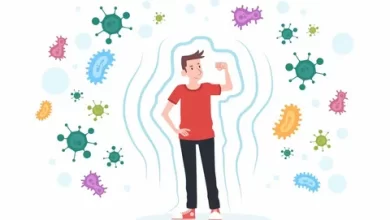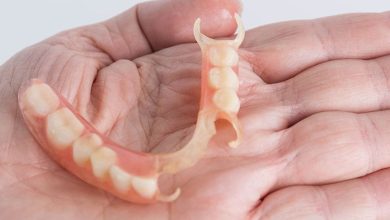Are You Having Diarrhea Disease? See Remedy


Diarrhea disease is a leading cause of child mortality and morbidity in the world, and mostly results from contaminated food and water sources. Most individuals lack access to improved drinking water and improved sanitation.
Diarrhea due to infection is widespread throughout developing countries.
In low-income countries, children under three years old experience on average three episodes of diarrhea every year. Each episode deprives the child of the nutrition necessary for growth.
As a result, diarrhea is a major cause of malnutrition, and malnourished children are more likely to fall ill from diarrhea.
Table of Contents
Diarrhea: What we know
- It causes death by depleting body fluids resulting in profound dehydration.
- Diarrhea can have a detrimental impact on childhood growth and cognitive development.
- About 88% of diarrhea-associated deaths are attributable to unsafe water, inadequate sanitation, and insufficient hygiene.
- Rotavirus is the leading cause of acute diarrhea and causes about 40% of hospitalizations for diarrhea in children under 5.
- Most diarrheal germs are spread from the stool of one person to the mouth of another. These germs are usually spread through contaminated water, food, or objects.
-
Diarrhea Deaths
Diarrhea kills more children than malaria, measles, and AIDS combined.
Proportional distribution of cause-specific deaths among children under five years of age.
- Water, food, and objects become contaminated with stool in many ways:
- People and animals defecate in or near water sources that people drink.
- Contaminated water is used to irrigate crops.
- Food preparers do not wash their hands before cooking.
- People with contaminated hands touch objects, such as doorknobs, tools,
or cooking utensils.
Diarrhea: Proven Ways to Save Lives
- Vaccinate for rotavirus
- Provide
- Safe water
- Adequate sanitation and human waste disposal
- Promote
- Handwashing with soap
- Breastfeeding to reduce exposure to contaminated water
- Treat appropriately with oral rehydration therapy and antibiotics
- Train health care providers and community health workers on diarrhea treatment
- Educate mothers and caretakers about caring for ill children and when to seek medical assistance
- Build laboratory diagnostic capability and identify the causes of diarrhea
What Can Be Done
Use effective interventions and proven treatment for diarrhea.
Governments and ministries of health can:
- Provide rotavirus vaccination
- Invest in safe drinking water, hygiene, and sanitation infrastructure
- Monitor progress and needs through the collection, analysis, and reporting of quality data
- Support clear and targeted health promotion and behavior change programs
Non-governmental/aid organizations can:
- Increase the adoption of proven measures against diarrhea
- Rotavirus vaccination
- Breastfeeding
- Oral rehydration therapy
- Household and community systems for treating and storing water
- Educate communities on the importance of safe water, sanitation, and hygiene
- Enhance and support government initiatives that invest in safe drinking water, sanitation, and hygiene infrastructure
- Ensure the sustainability of interventions
- Focus on the provision of safe water, sanitation, and hygiene when responding to emergency and conflict situations
Health care providers and clinical facilities can:
- Ensure availability of adequate medical supplies such as oral rehydration solution
- Improve training programs for health workers and educate them on the proper treatment of diarrhea
- Ensure that facilities for handwashing, provision of safe water, and proper disposal of human waste are provided at ALL healthcare facilities
- Encourage appropriate antibiotic use
- Meet demand for health workers
- Support community health workers
- Improve training programs
- Seek creative ways to motivate them
Communities can:
- Support and promote the importance of community health workers
- Ensure safe water is provided close to people’s homes
- Discourage/eliminate open defecation
- Develop strategies for proper disposal of human waste
- Construct basic sanitation facilities
- Promote handwashing
Ways Of Preventing Diarrhea And Saving Lives
Safe water/adequate sanitation: Treat water before use and dispose of waste safely.
Improved hygiene: Wash hands when appropriate.
Routine vaccination: Provide rotavirus vaccine.
For any important information please contact us Email GadgetsNg info@gadgetsng.com
[Button id="1"]




Oh my goodness! Impressive article dude! Thanks, However I am experiencing problems with
your RSS. I don’t know the reason why I can’t join it.
Is there anybody else having similar RSS issues? Anybody who knows the solution can you
kindly respond? Thanx!!
Also visit my site vpn coupon code 2024
Have you ever thought about publishing an e-book or
guest authoring on other sites? I have a
blog based on the same topics you discuss and would love to have you
share some stories/information. I know my visitors would value your work.
If you’re even remotely interested, feel free to send me an e-mail.
Visit my web-site :: vpn coupon code 2024